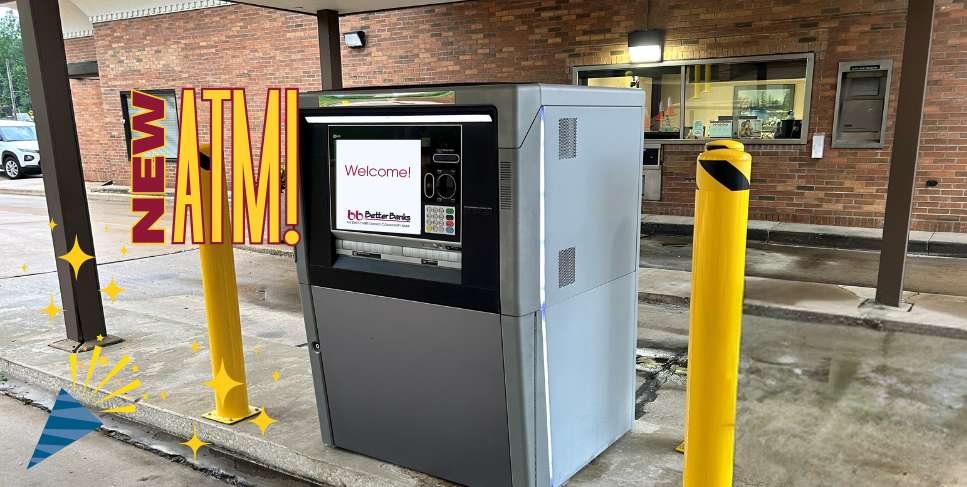The festive season means fun, goodwill, and giving with friends and family. Unfortunately, it also is prime time for fraudsters trying to take advantage of your holiday spirit. Every year, thousands of people become victims of holiday scams. Scammers will try to rob you of your hard-earned money or personal information.
.According to the FBI, in 2021, Americans lost over $6.9 billion to fraudsters, including $337 million in online shopping and non-delivery scams.
Here are a few of the most common scams tied to the holidays and a few tips to help protect you.
Holiday Job Scam
The holiday season may seem like a good time to pick up a part-time job or even a second job. Retailers need extra help, and it’s a time when many people need some extra income. But don’t be fooled. Here are a few tips from the FTC to keep your money and personal information safe.
- Don’t pay to get the job. Scammers may promise you a job — if you pay them. But no legitimate job will make you pay for expenses or fees to get the job. Anyone who does is a scammer.
- Never give personal information upfront. Some scammers will try to get your credit card, bank account, or Social Security number as soon as you’re in contact.
- See what others are saying. Search online for the name of the company plus the words “review,” “complaint,” or “scam.” You might find they’ve scammed other people.
Fake Charity Scam
Scammers use your generosity during the holiday season and create fake charities, GoFundMe campaigns, and other charitable activities. These charity scams can be incredibly hard to spot — until you’ve lost money or given up sensitive information.
Always check the URL and charity name before donating. Scammers often create “lookalike” charities that use variations of trusted names to fool you. Be cautious if you experience hard-sell tactics or vague language. Charities should never threaten you, and you should always be able to tell how your donations will be spent.
Fake Shopping Sites Scam
Be careful about how and where you shop online and be aware of fraudulent retailers and organizations. As real retailers roll out their seasonal deals, scammers seek to snare bargain-hunting shoppers with fake websites and social media campaigns. These “spoofing” sites and fake posts entice you to spend money on products you’ll never receive.
Before you buy, check each website’s URL to make sure it’s legitimate and secure. A site you’re buying from should have https in the web address. If you’re purchasing from a company for the first time, do your research and check reviews.
Gift Card Scam
Scammers love gift cards because they’re almost impossible to trace. Many holiday scams revolve around buying and selling fraudulent gift cards or tricking you into giving up the numbers on the backs of gift cards. Only use gift cards as gifts. If anyone asks you to pay fees or “protect your money” by buying gift cards, it’s a scam.
Missed Delivery Scam
It’s common for people to be waiting on packages during the holiday season. One recent scam involves fraudsters sending fake delivery notification text messages, hoping you’ll click on the link. These scam texts will take you to a phony website designed to steal your personal information, ask for your credit card number, or fool you into sending the scammers money.
Track deliveries through the delivery company’s official website using the provided tracking number. Make sure to visit the site directly — do not use the link provided in a text message or email.
The holidays are a time for cheer and getting together with people you love. Don’t let scammers spoil your holiday season by defrauding you or stealing your identity.



.jpg?sfvrsn=87ea768f_2)














